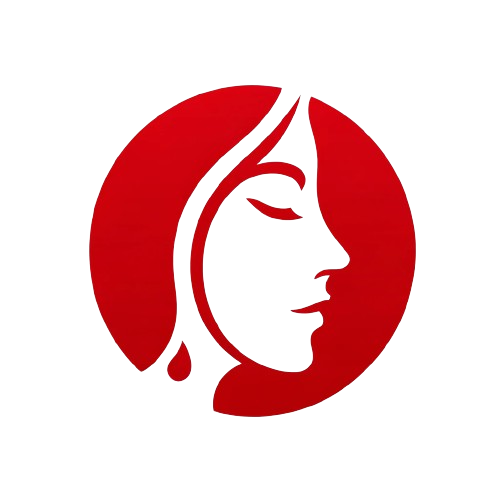
Eczema vs. Psoriasis
Eczema and psoriasis share similar symptoms, and they also look very similar.
Also, if you have psoriasis, you may think its eczema, and you might have even begun the treatment before realizing its psoriasis.
You can recognize psoriasis can by a thick patch of white scales that causes the skin to become red and inflamed.
Eczema is a condition of the skin very common in children. It occurs as a result of hypersensitivity reactions that cause the skin to react to fabrics, animals, dyes, soaps, and other irritants.
Similarities between psoriasis and eczema
- Eczema and psoriasis can appear on any part of the body, including hands, knees, face, and scalp.
- They’re both not contagious, but they can result in other infections
- Both conditions are prevalent in the United States
Differences between Psoriasis and Eczema
A few things differentiate both conditions. They are:
Genetics, Environment or Autoimmune
The underlying cause is one of the most significant differences between psoriasis and eczema. Psoriasis is a condition caused by a dysfunctional immune system that makes your skin cells grow too fast.
As the skin cells grow, they begin to pile up on your skin, thereby forming a white scale.
On the other hand, eczema is a condition that occurs as a result of both environmental and genetic factors, making it more challenging to determine.
According to some research, some eczema patients experienced a change in the gene that creates a protective layer on their skin, leaving it prone to flare and infection.
The climatic condition of where a person lives also play a role. For instance, people living in places with dry climate or exposed to pollutants often have psoriasis.
Little Differences in Itchiness
Being able to tell the difference between both conditions will help you know the skin condition you’re suffering from.
Eczema can result in severe itching, and you may end up scratching it until it bleeds. On the other hand, psoriasis causes milder itching and, in some cases, a terrible burn.
Where they Occur
Both conditions can occur on any part of the body, but each has its favorite areas.
Psoriasis occurs mostly on the scalp, knees, face, elbows, and buttocks.
Eczema can also occur in these places, but it mostly leads to inflamed skin on the inner part of your elbows or back of your knees. Eczema also mainly occurs in children than psoriasis, but both conditions can affect anyone at any age.
Treatments
Similar treatments are used in the treatment of psoriasis and eczema. Some common treatments for both conditions are:
Over-the-counter Relief: Any product that aims to help prevent infection or provide relief for the symptoms.
Biologics: These medications are usually given by intravenous infusion or injection. It helps target protein that causes inflammation.
Topicals: Medications prescribed by a doctor for applying on the affected skin.
Systemics: Medications taken by mouth to reduce inflammation and control the immune system response. Doctors recommend it in severe cases.
Phototherapy or Light Therapy: Using a machine to create Ultraviolet B (UVB) light to reduce inflammation and itching and boost the skin’s bacteria-fighting ability. It’s usually performed under medical supervision.
Psoriasis is a lifelong condition that has made many people feel left out and isolated from the public. This is due to a lack of proper understanding of what the condition entails to the public.
However, person with eczema can also experience it off and on for many years, and a person can live with the condition without even noticing it.
